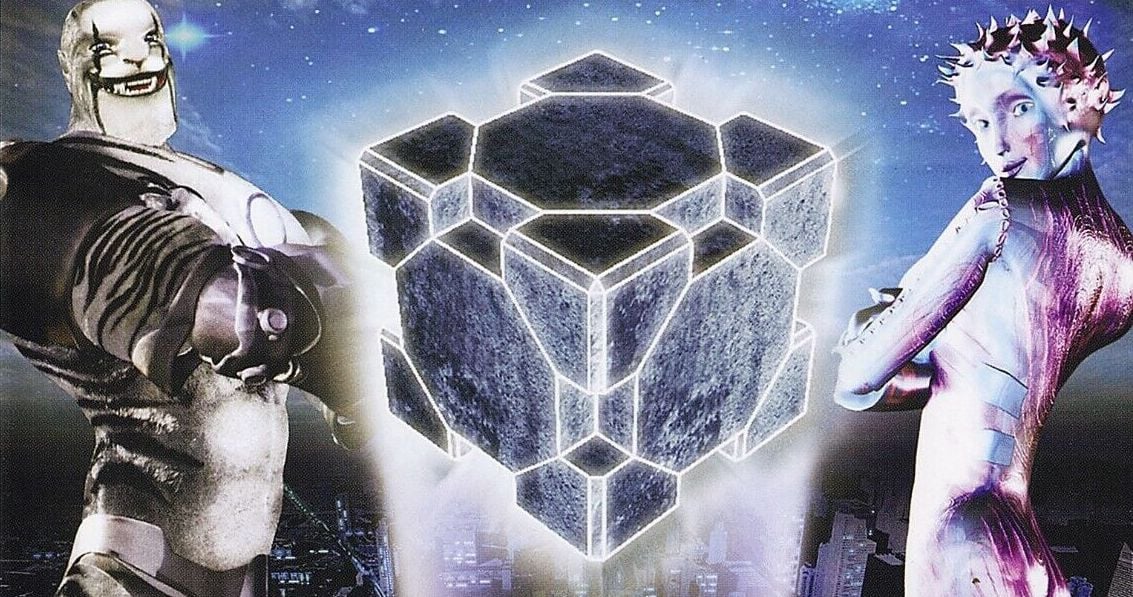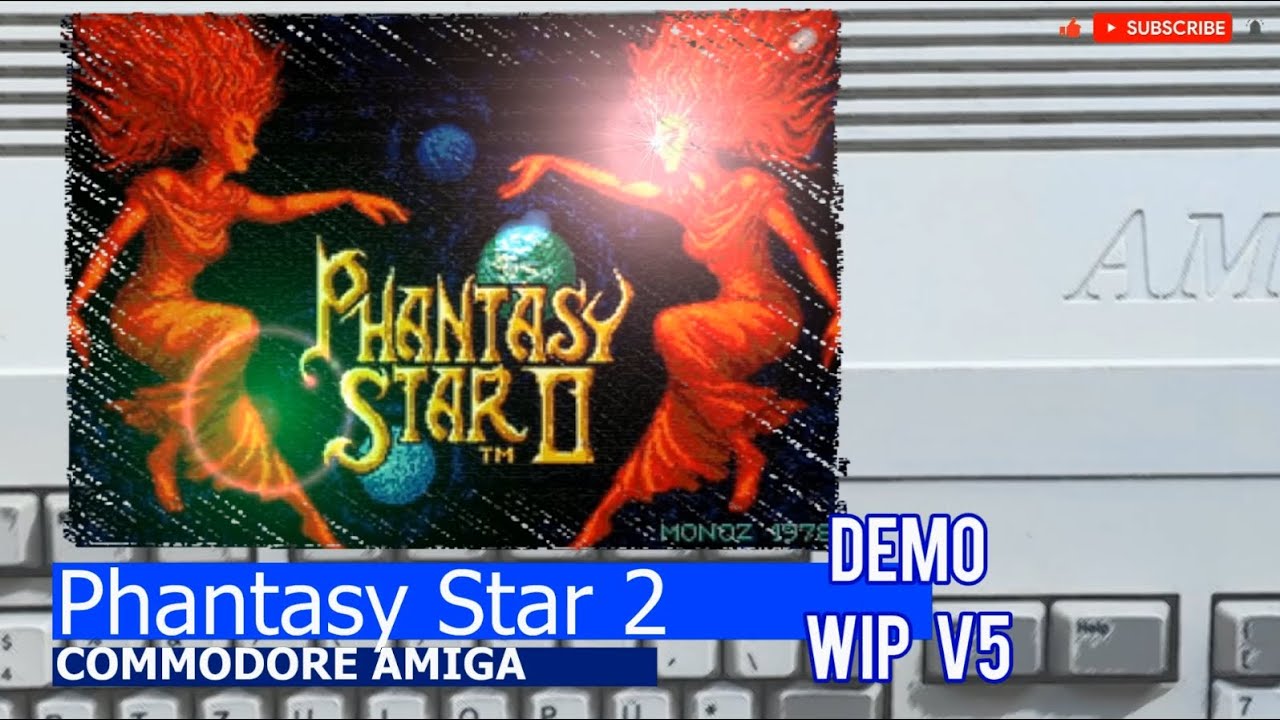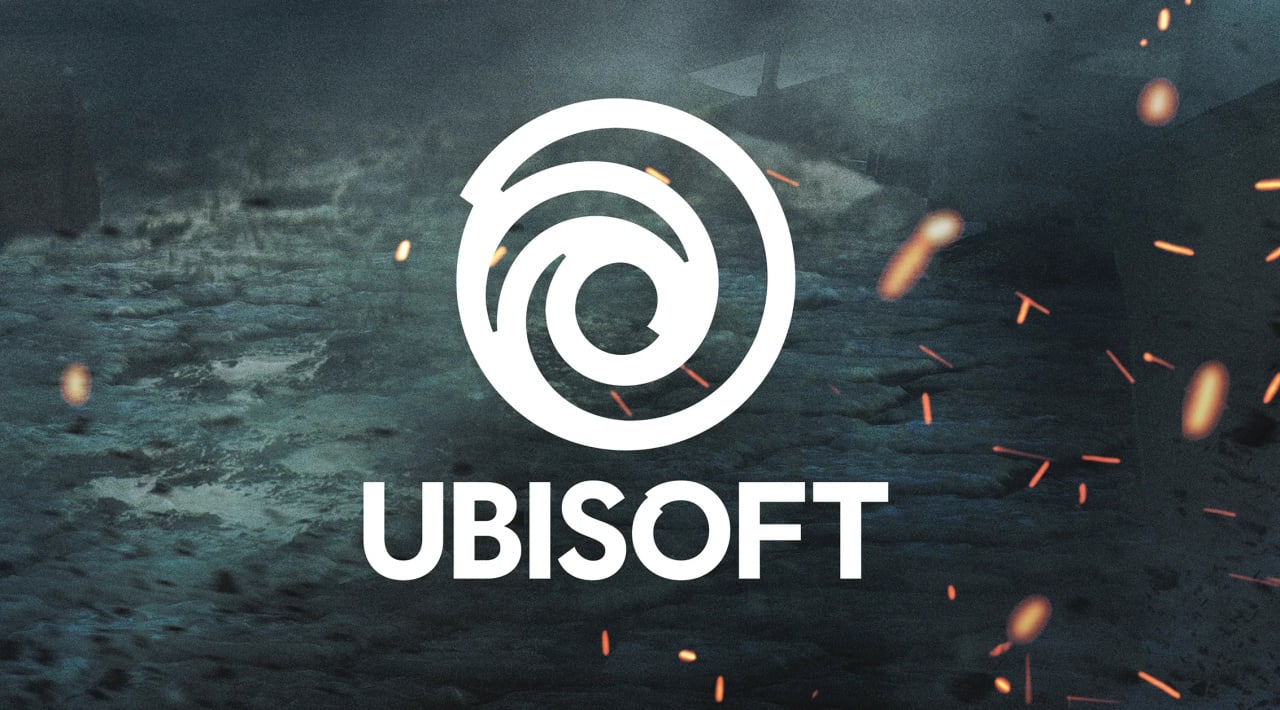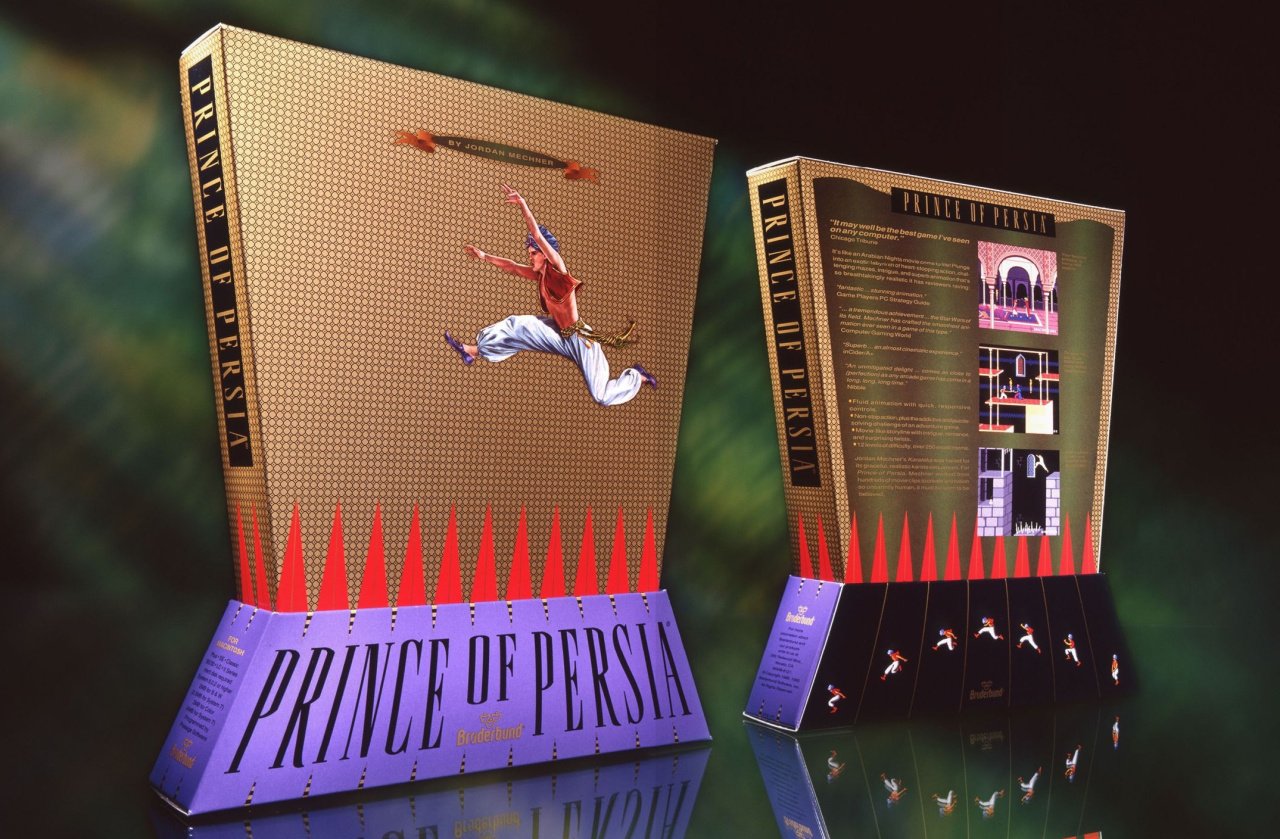“It didn’t quite work as a game show”.
Video games and TV have always had a bit of a difficult relationship. For every success like GamesMaster, there have been countless failures that have struggled to capture what people love most about the popular pastime. So, when the BBC spent an estimated £3-4 million on a new video game TV show, called FightBox in the early 2000s, fans were inevitably a bit skeptical about its odds of success.
The show, which aired on BBC Three and BBC Two in 2003 (initially as a replacement for Robot Wars) featured an innovative premise where contestants designed and battled digital avatars in front of a live studio audience. Competitors would face off in a variety of events against other players, with the show’s mascots, a group of warriors called The Sentients, also getting in on the action. The BBC had hoped that FightBox would capture the interest of gamers and families and become a regular part of its programming, but production issues, low ratings, and a negative response from the media meant that it only lasted for a single season. We wanted to find out more about what went wrong with this ambitious-yet-flawed TV show, so earlier this year we tracked down its executive producer Finbar Hawkins, and producer Tobias Sturt to hear all about its troubled development.
Read the full article on timeextension.com
“It didn’t quite work as a game show”.
Video games and TV have always had a bit of a difficult relationship. For every success like GamesMaster, there have been countless failures that have struggled to capture what people love most about the popular pastime. So, when the BBC spent an estimated £3-4 million on a new video game TV show, called FightBox in the early 2000s, fans were inevitably a bit skeptical about its odds of success.
The show, which aired on BBC Three and BBC Two in 2003 (initially as a replacement for Robot Wars) featured an innovative premise where contestants designed and battled digital avatars in front of a live studio audience. Competitors would face off in a variety of events against other players, with the show’s mascots, a group of warriors called The Sentients, also getting in on the action. The BBC had hoped that FightBox would capture the interest of gamers and families and become a regular part of its programming, but production issues, low ratings, and a negative response from the media meant that it only lasted for a single season. We wanted to find out more about what went wrong with this ambitious-yet-flawed TV show, so earlier this year we tracked down its executive producer Finbar Hawkins, and producer Tobias Sturt to hear all about its troubled development.
Read the full article on timeextension.com










